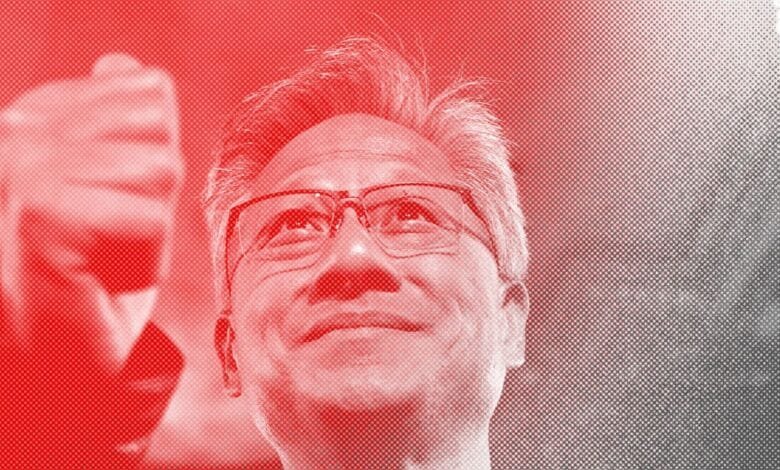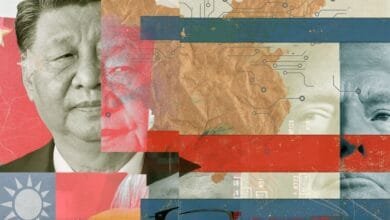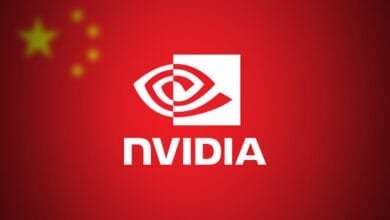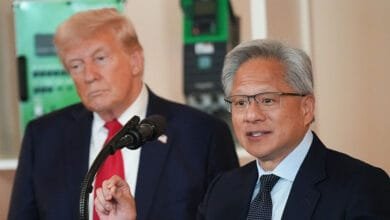Trump’s Nvidia China Chip Reversal: What Changed?

▼ Summary
– President Trump struck a deal allowing Nvidia to sell H20 chips to China in exchange for 15% of revenues, reversing an earlier ban.
– Trump described the H20 as obsolete but still marketable, and the deal followed lobbying by Nvidia CEO Jensen Huang.
– The Biden administration had previously banned Nvidia’s more powerful H800 chip to curb China’s access to advanced AI technology.
– Biden officials acted over concerns that China could gain military and economic advantages by developing AI first, leading to 2022 export controls.
– Key figures behind Biden’s semiconductor policies have since moved to influential roles in AI, computing, and national security.
The tech world is buzzing over an unexpected policy shift involving Nvidia and China. In a surprising turn of events, President Trump announced a deal allowing Nvidia to resume selling its H20 chips to Chinese buyers, with a 15% revenue cut going to the U.S. government. The decision marks a sharp reversal from earlier restrictions and raises questions about the motivations behind the sudden change.
During a press briefing, Trump downplayed the significance of the H20, calling it “obsolete” but still marketable. The arrangement, though legally questionable, followed a meeting with Nvidia CEO Jensen Huang, who reportedly convinced the administration that the chips don’t threaten national security. While this might seem like a straightforward case of corporate lobbying, the backstory reveals a deeper geopolitical struggle over AI dominance.
The H20 was originally developed as a workaround after the Biden administration banned Nvidia from exporting its more advanced H800 chip to China. That restriction was part of a broader strategy to curb China’s access to cutting-edge semiconductors, which officials feared could accelerate its AI capabilities. Behind the scenes, Biden’s team viewed AI as a critical battleground, with some believing breakthroughs like artificial general intelligence (AGI) were imminent. The concern was that if China reached these milestones first, it could gain an irreversible military and economic edge.
A recent investigation by Stanford researcher Graham Webster sheds light on the thinking that drove these policies. Interviews with former officials and experts revealed a sense of urgency within the Biden administration. Key figures, including Jason Matheny and Tarun Chabbra, pushed for export controls to slow China’s progress in AI development. Their efforts weren’t just about protecting intellectual property, they were seen as a way to buy time for the U.S. to maintain its technological lead.
The 2022 export controls marked a turning point in U.S.-China relations, reshaping the global semiconductor landscape. But Trump’s latest move introduces fresh uncertainty. By reopening the door to H20 sales, the administration risks undermining the very restrictions designed to keep advanced AI out of China’s hands. Whether this decision stems from pragmatic economics or political maneuvering remains unclear. What’s certain is that the battle over AI supremacy is far from over, and the rules keep changing.
(Source: Wired)




